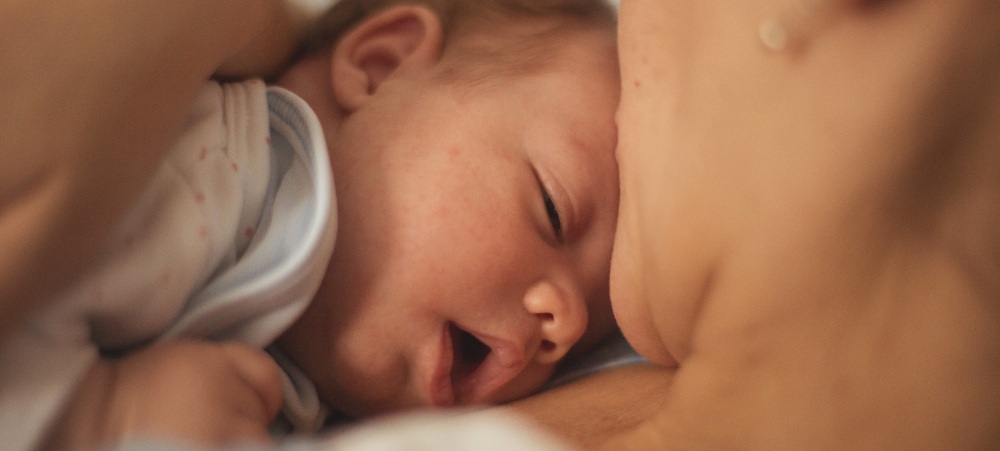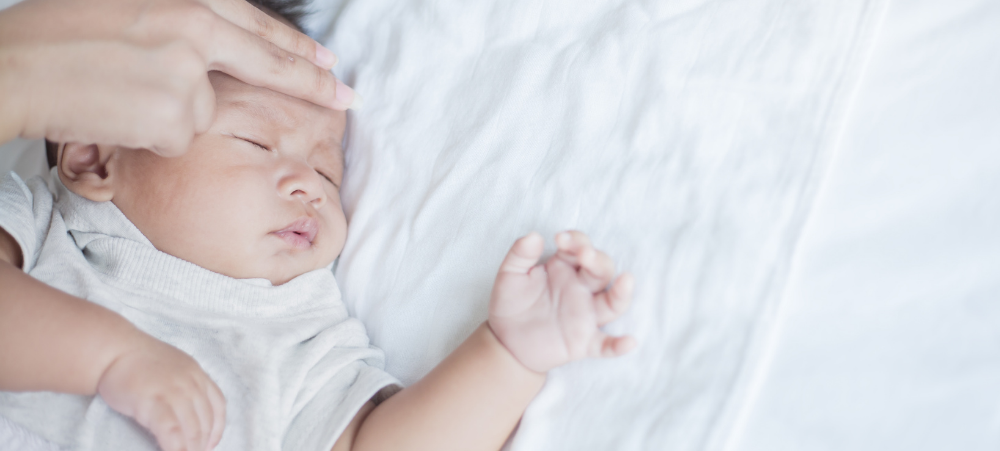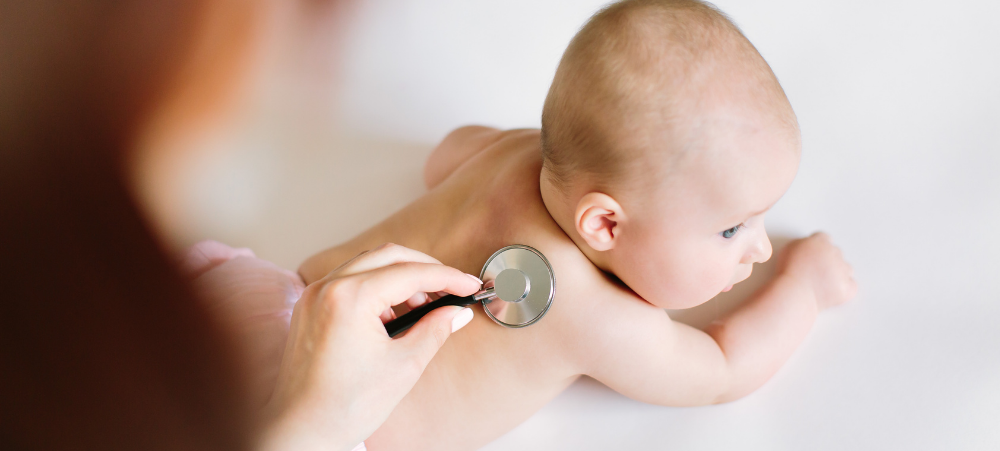Jaundice is a yellow discolouration of a baby’s eyes and skin and is fairly common in newborn babies. Although it may be alarming to you to see your newborn baby with a slightly yellowish tint, thankfully, most cases of jaundice are considered normal and will go away on their own. You may be wondering why your baby may be born with this condition, or what treatments are available if your little-one has jaundice – read on, we outline the causes and common treatments thereof.
Why would my baby have neonatal jaundice?
Babies are born with neonatal jaundice when they have excess levels of unconjugated bilirubin in their blood. Bilirubin is a yellowy substance which comes from the breakdown of red blood cells, however, baby’s livers sometimes can’t break this substance down fast enough, giving their eyes and skin a yellow tint.
When your baby is born they will be checked for jaundice, as high levels of bilirubin can lead to more serious problems. A baby is more likely to get neonatal jaundice if they are born premature, have a different blood type to their mother or are being breastfed. Babies who are breastfed can develop jaundice if they don’t get enough breastmilk, due to trouble feeding.
What happens if my baby has neonatal jaundice?
If your baby has jaundice, this will typically be seen in the second or third day of being born. Sometimes jaundice will go away on its own and other times it will need to be treated. If your baby is struggling to breastfeed it’s important that he be breastfed more often, or even receive formula as a supplement during this time.
Phototherapy (light therapy) can also be used to help your baby. Light can turn the bilirubin into a form that can easily pass out the body. If the jaundice is very bad, your baby may receive a blood transfusion which will quickly lower bilirubin levels.
For 2025 we have a renewed Female Health Programme:In collaboration with CareWorks, it’s accessible to all female members aged 18 and above, with an emphasis on preventative care and early detection of female-specific health issues. In addition, we have an enhanced Maternity Programme to support expecting mothers. This includes early identification of and weekly engagement for high-risk pregnancies, post-childbirth care and associated mental health follow-up calls for new mums, given the prevalence of pre and postnatal depression. Also, milestone reminders for children under 3 and cover for antenatal vitamins through savings, day-to-day benefits or the Benefit Booster
Bonitas Medical Fund
0860 002 108
View Website: www.bonitas.co.za
- Neonatal jaundice, what is it and what happens if my baby is born with it? - December 8, 2025
- Smoking and pregnancy – should I quit - December 4, 2025
- The role of medical aids in the long game of HIV eradication in SA - November 28, 2025






4 thoughts on “Neonatal jaundice, what is it and what happens if my baby is born with it?”
Hasn’t had this with either my kids or grandkids but a good read and good to know to maybe help or educate others
so many new things to learn about babies. thank you
I just wanted to say thank you for writing this article. It’s been a lifesaver. I’ve tried several different approaches to [problem], but none of them worked until I read your advice. You’ve truly helped me out.
I’m so impressed with the depth of knowledge in this article. It’s clear that you’re an expert in your field. Thank you for sharing your insights with us.